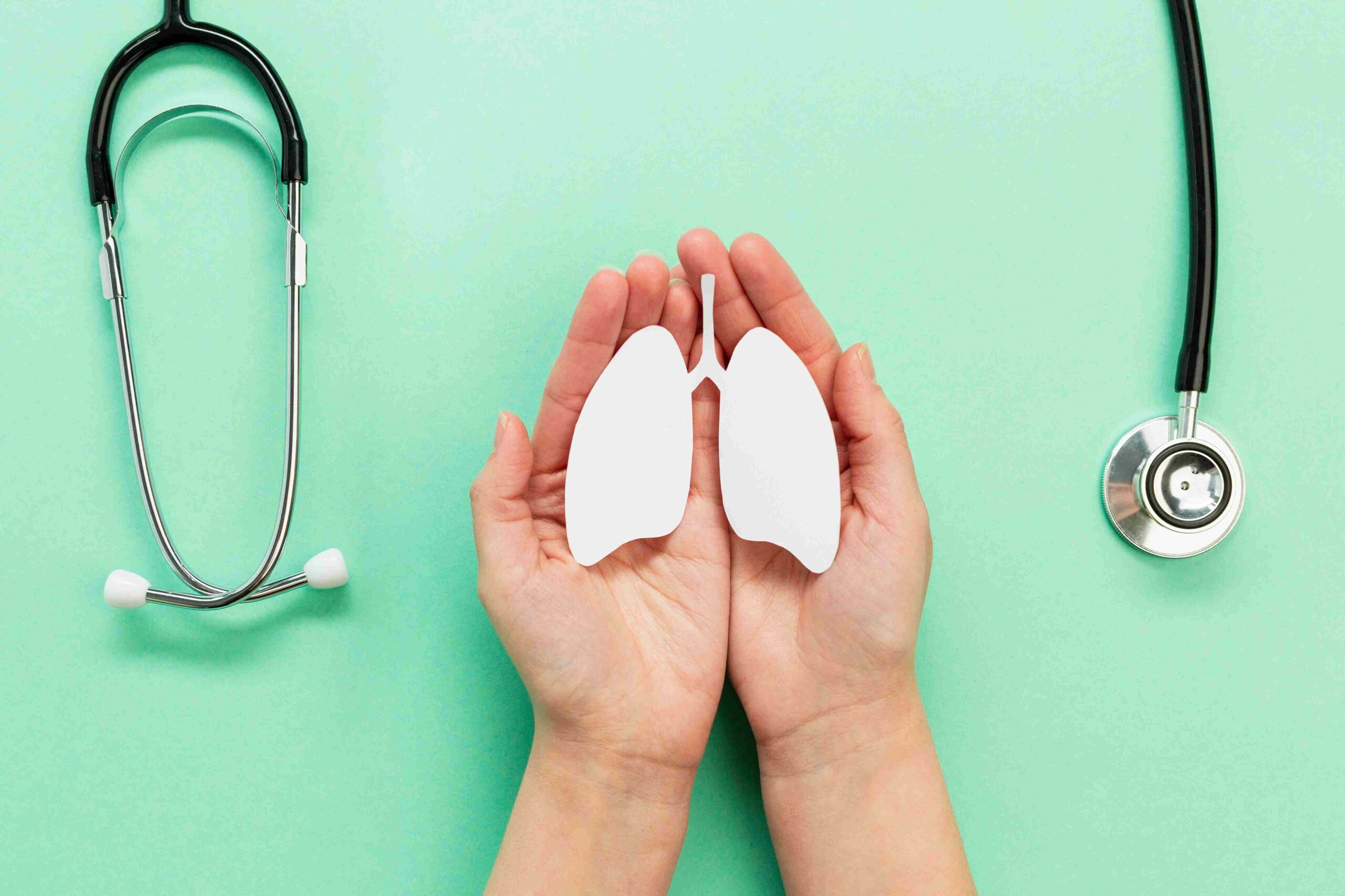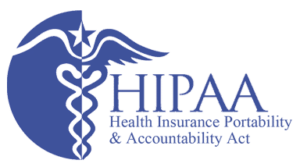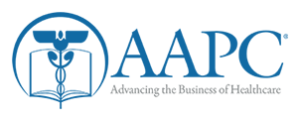Revisions to coverage and payment guidelines outlined in the calendar year (CY) 2022 Medicare Physician Fee Schedule (MPFS) final rule for outpatient pulmonary rehabilitation (PR) — a physician-supervised program for certain chronic respiratory diseases designed to optimize physical functioning and improve quality of life — expand eligibility and introduce two new codes for reporting these services. Here’s is a breakdown of the updates and what you need to know to properly code PR services.
CY 2022 Rulemaking Updates PR
The Centers for Medicare & Medicaid Services (CMS) final rules for 2022 include both hospital outpatient prospective payment (HOPPS), e.g., center-based PR (including provision of virtual PR through the end of the COVID-19 public health emergency), and payment under the MPFS, e.g., physician office-based PR services. In February, the agency finalized revisions to 42 CFR Sections 410.47 and 410.49 in the CY 2022 MPFS final rule, including:
> Removal of the PR requirement for direct physician-patient contact
> Expansion of coverage of PR to patients who have had confirmed or suspected COVID-19 and experience persistent symptoms that include respiratory dysfunction for at least four weeks.
According to CMS, these changes are aimed at improving consistency and accuracy across the PR and cardiac rehabilitation (CR) and intensive cardiac rehabilitation (ICR) conditions of coverage.
Two New Billing Codes Replace G0424
National coverage for PR was established in 2010, when CMS began providing payment for HCPCS Level II code G0424 Pulmonary rehabilitation, including exercise (includes monitoring), one hour, per session, up to two sessions per day for comprehensive PR services for patients with chronic obstructive pulmonary disease (COPD) GOLD stages 2-4. This bundled code incorporates clinician services, supervised exercise, education, outcome assessment, individualized treatment plan (ITP) development, and the considerable work of the physician supervising PR.
Report HCPCS Level II code G0424 for PR services furnished on or after Jan. 1, 2010, through Dec. 31, 2021. Effective Jan. 1, 2022, two new CPT codes replace G0424.
| CPT code | Descriptor | Time (minutes) | Ambulatory Payment Classification (APC) | Payment | Co-pay | RVU |
|---|---|---|---|---|---|---|
| 94625 | Physician or other qualified health care professional services for outpatient pulmonary rehabilitation; without continuous oximetry monitoring (per session) | 60 | 5733 (Level 3 Minor Procedures) | $56.85 | $11.37 | 0.36 |
| 94626 | Physician or other qualified health care professional services for outpatient pulmonary rehabilitation; with continuous oximetry monitoring (per session) | 60 | 5733 (Level 3 Minor Procedures) | $56.85 | $11.37 | 0.56 |
The new coding requirements were issued Feb. 18, 2022, with an effective date of Jan. 1 and an implementation date of July 5, 2022.
What Conditions Are Covered?
A single course of pulmonary rehabilitation in the outpatient setting meets the definition of medical necessity for treatment of persons with moderate-to-severe chronic respiratory disease, such as COPD. The treating physician typically refers patients who have disabling symptoms and a significantly diminished quality of life despite optimal medical management.
Updates to Medicare coverage of PR expand eligibility. Starting Jan. 1, 2022, COVID-19 is covered under the new CPT® codes. Details for eligibility include:
> Confirmed or suspected COVID-19
> Persistent symptoms that include respiratory dysfunction for at least four weeks
Also added is verbiage specifying that additional medical indications for coverage for PR may be established through a National Coverage Determination (NCD).
Other Coverage Criteria Modifications
Below is a summary of additional changes to PR policies with the new text italicized.
Pulmonary Rehabilitation Program
A PR outpatient program is comprehensive and typically includes team assessment (physician, respiratory care practitioner, nurse, psychologist, etc.), participant training (breathing retraining, bronchial hygiene, medications, proper nutrition), psychosocial intervention, exercise training, and follow-up. The overall length of the program and the total number of visits for each component may vary from program to program.
Updates specify that PR must include all of the following components:
Physician-prescribed exercise during each PR session – defined as a customized program of aerobic exercise combined with other types of exercise, such as conditioning, breathing retraining, step, and strengthening.
Education/training that is closely and clearly related to the individual’s care and treatment that is tailored to the individual’s needs and assists in achievement of goals toward independence in activities of daily living, adaptation to limitations, and improved quality of life. Education must include information on respiratory problem management and, if appropriate, brief smoking cessation counseling.
Psychosocial assessment to evaluate an individual’s mental and emotional functioning as it relates to the rehabilitation/respiratory condition. This includes an assessment of those aspects of an individual’s family and home situation that affect their rehabilitation and a psychosocial evaluation of their response to and rate of progress under the treatment plan.
Outcomes assessment to evaluate progress in rehabilitation, which includes:
> Evaluations, based on patient-centered outcomes, which must be measured by the physician or program staff at the beginning and end of the program. Evaluations measured by program staff must be considered by the physician in developing and/or reviewing individualized treatment plans.
> Objective clinical measures of exercise performance and self-reported measures of shortness of breath and behavior.
Individualized treatment plan — written and tailored to each individual patient — that details diagnosis, items and services furnished, and goals. The physician must establish, review, and sign the ITP detailing how components are utilized for each patient every 30 days.
CMS limits the number of PR sessions to a maximum of two one-hour sessions per day for up to 36 sessions over up to 36 weeks with the option for an additional 36 sessions over an extended period of time if approved by the MAC.
PR Settings
Medicare Part B pays for PR in a physician’s office or a hospital outpatient setting. All settings must have a physician immediately available and accessible for medical consultations and emergencies at all times when items and services are being furnished under the program. Added is the requirement that there also be the necessary cardiopulmonary, emergency, diagnostic, and therapeutic life-saving equipment accepted by the medical community as medically necessary (for example, oxygen, cardiopulmonary resuscitation equipment, and defibrillator) to treat chronic respiratory disease.
PR Physician Standards
Revisions to the Medicare Benefit Policy Manual outline the following definitions and requirements:
Medical Director – CMS clarifies that this is the physician who oversees and is responsible for the PR program. In consultation with staff, the medical director helps manage the progress of individuals in the program. The medical director must possess all of the following:
> Expertise in the management of individuals with respiratory pathophysiology;
> Cardiopulmonary training in basic life support or advanced cardiac life support; and
> Be licensed to practice medicine in the state in which the PR program is offered.
Supervising Physician – Doctor who is immediately available and accessible for medical consultations and emergencies at all times PR items/services are being furnished. Physicians acting as the supervising physician must possess all of the following: (1) Expertise in the management of individuals with respiratory pathophysiology. (2) Cardiopulmonary training in basic life support or advanced cardiac life support. (3) Be licensed to practice medicine in the State in which the PR program is offered.
PR Services Exceeding 72 Sessions
The final revision in Chapter 32 (140.4.2.5) of the Medicare Claims Processing Manual adds:
Effective for claims with dates of service on and after January 1, 2022, Medicare Contractors shall reject PR claims that exceed 72 session when PR is furnished for beneficiaries with moderate to very severe COPD (defined as GOLD classification II, III, and IV) when referred by the physician treating the chronic respiratory disease. Medicare contractors shall deny PR claims that exceed 72 sessions regardless of whether the -KX modifier is submitted on the claim line when PR is furnished for beneficiaries with moderate to very severe COPD (defined as GOLD classification II, III, and IV).
For more information, visit: https://www.aapc.com/blog/84288-pulmonary-rehabilitation-policies-revamped/




